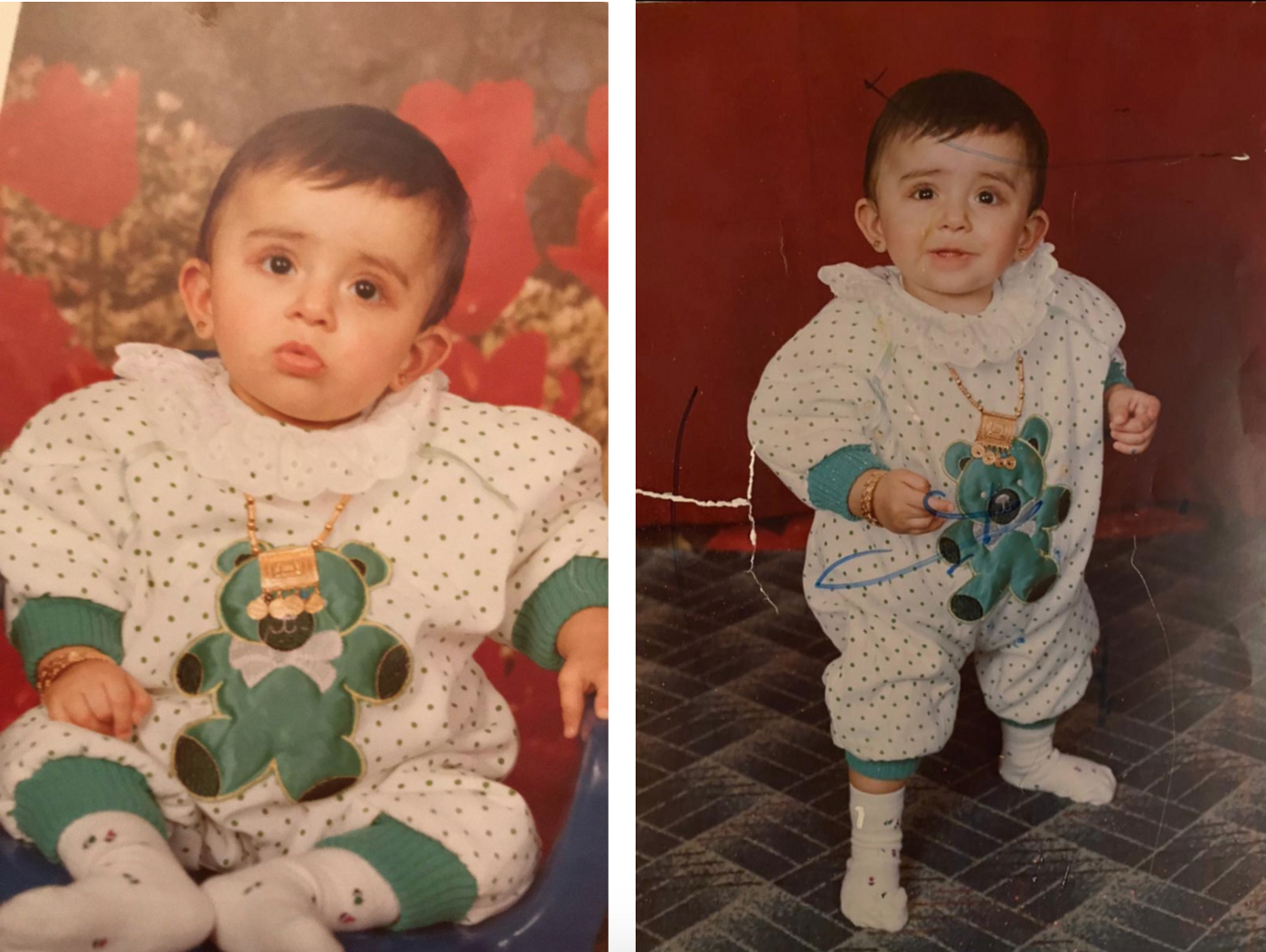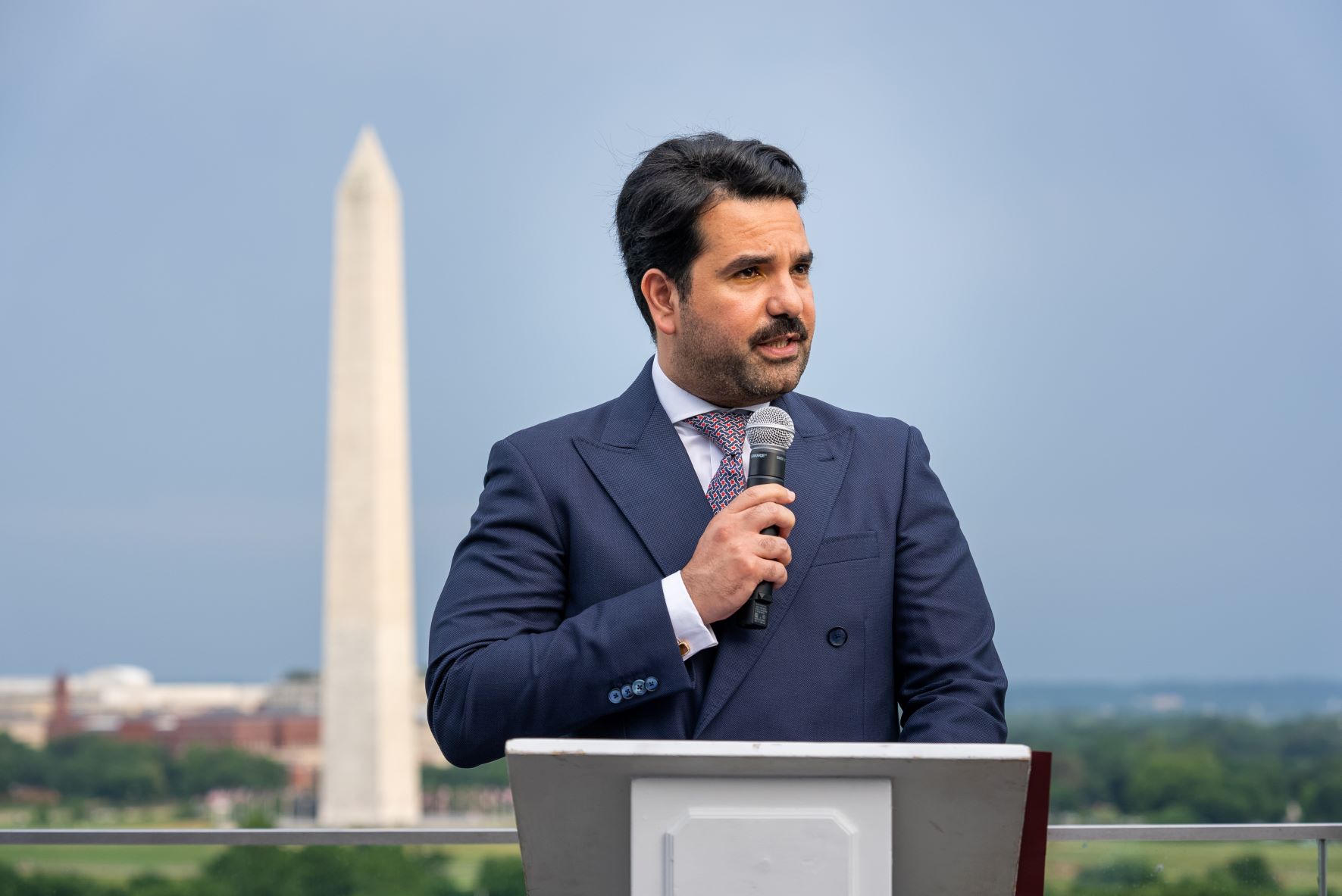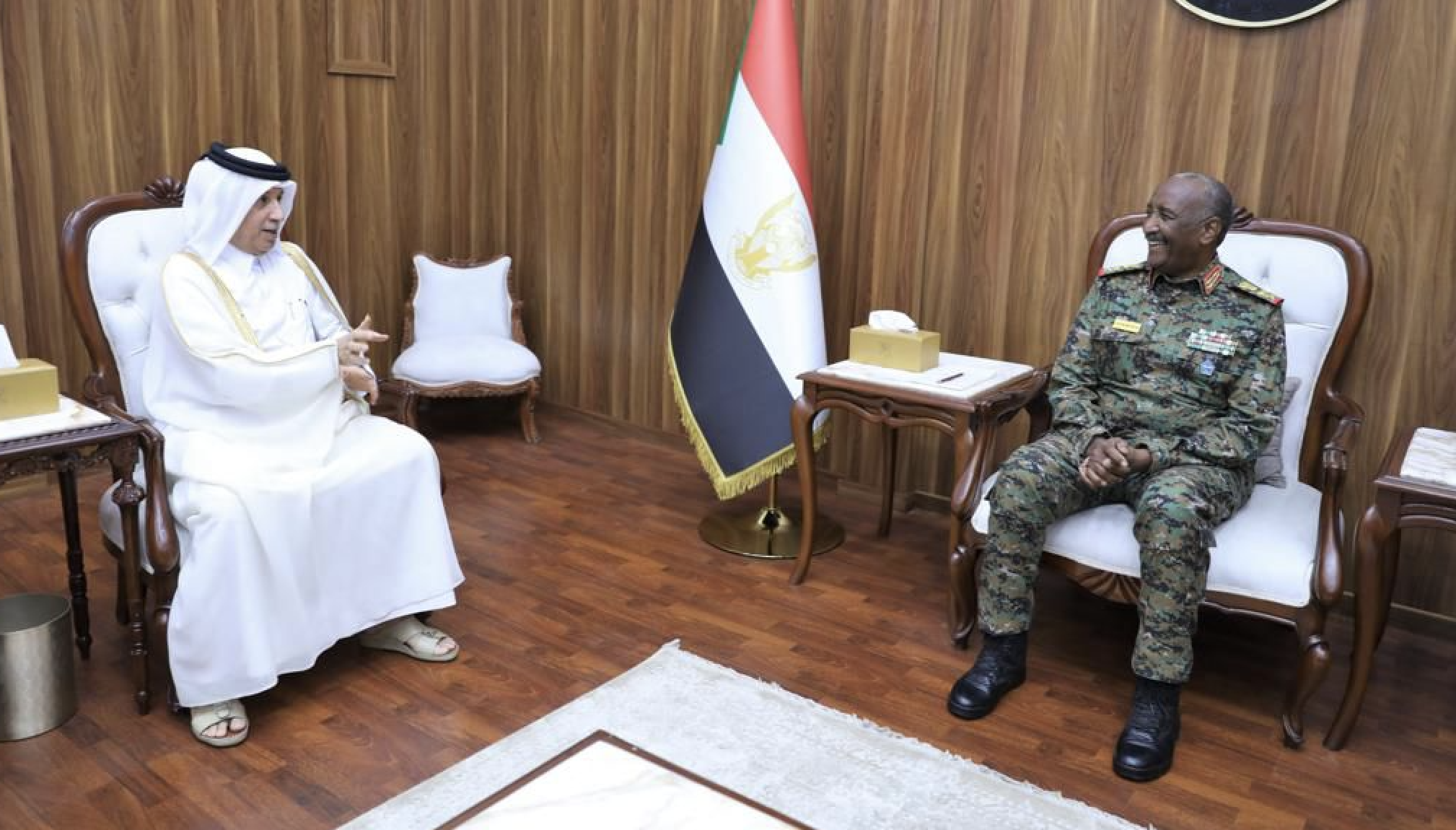by Hazar Kilani
Maha is one of the many people who have filed cases against the UAE for damages caused to them as a result of the blockade on Qatar. This is her story.
The day is June 5th 2017, and to Maha, like many of us, it was just another day. At least it was until she received a sudden call from her friend. “Did you hear what happened?” her friend asked with a panicked voice. “No” Maha responded, unaware that what her friend was referring to was about to cost her seven years of her life.
At the time Maha was an international student from Qatar studying at the American University in the Emirates; and the UAE, together with Saudi Arabia, Bahrain and Egypt had just announced that they were cutting all ties with Qatar and blockading the country. This included cancelling all flights to and from Doha and shutting their borders to Qatari nationals, even students.
Despite the severity of the announcement, Maha’s father told her not to worry, he, like many others, was sure that’d all be over within days. It’s been 1097 days and counting.
Maha’s education was not the only thing impacted by the blockade, her mother is Emirati, and the family would spend their time between Qatar and the UAE; “it was suddenly the second home I no longer had” Maha recalls.
Her future was suddenly clouded by uncertainties resulting from one of the biggest rifts Gulf region’s history.
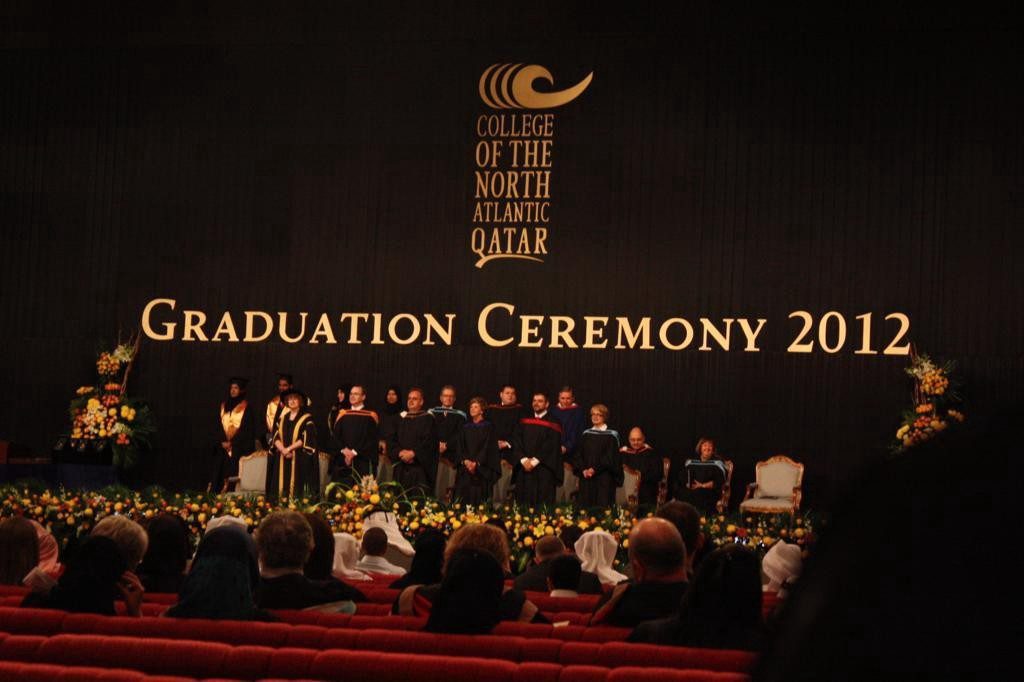
After three years at the College of the North Atlantic in Doha, Maha graduated in 2012 with with top grades and was awarded a diploma in Office Administration. But Maha had bigger dreams, she wanted to go to university and gain a bachelors degree to help her become the successful working woman she’d always wanted to be. And so three years after her graduation, and while working a full-time job, Maha decided that enrolling in the American University of Emirates (AUE) and finally obtaining her bachelor’s sounded like the perfect choice.
The weekend schedule at the university seemed especially tailored to fit her needs. She would travel to the UAE every Thursday for classes, and return to Qatar on Saturdays to be able to tend to her regular work schedule. “You cannot imagine what it’s like to travel every weekend,” Maha tells me, adding that she had memorised the faces of each of the Qatari students who would board the plane with her to head to their weekend classes in the UAE. “I suffered so much because of this, I wonder what happened to them, I hope they had it easier.”
When the blockade came into effect, her Emirati university banned Qatari students from the campus and ended any access they had to their institution accounts, where their transcripts and course documents were kept. Instantly they had no access to any of their work.
“I had to pay almost AD 4000 for documents, papers I could’ve printed from my student account”. As part of the blockade, the UAE had suspended all mail delivery to Qatar, so a process that could’ve taken Maha a minute of printing, ended up taking several months instead. Together with hundreds of other Qatari students, she was not refunded for tuition fees paid for the remainder of the year. “COVID-19 proved it was possible to move things online, they could’ve done the same or at least withdrawn us from the course and returned the course tuition fees,” instead, Maha and all her Qatari classmates were failed by AUE for that semester.
Once it was obvious that there was no hope for any Qatari students to go back to the UAE, Qatar University opened its doors to the students affected by the blockade, promising to assist them in transferring their credits and continuing from where they left off. Maha’s perfect weekend schedule was not an option at Qatar University, so she chose to take evening classes instead. She had to start her day at 5:30am, and end it at 6pm, hopping between work and her university classes, but she did not care, as long as she was able to get her bachelor’s degree.
However, the scheduling was not the main issue at hand. After extensively examining her transcripts, QU took back their word about accepting her previous class credits, and only ratified three. They also decided to completely disregard her earlier diploma, telling her it was too old. “All those classes, the weekend flights and sleepless nights, it was all for nothing,” Maha tell us, her voice cracking. “I was the girl that wanted to graduate, I had ambition, I had energy.”
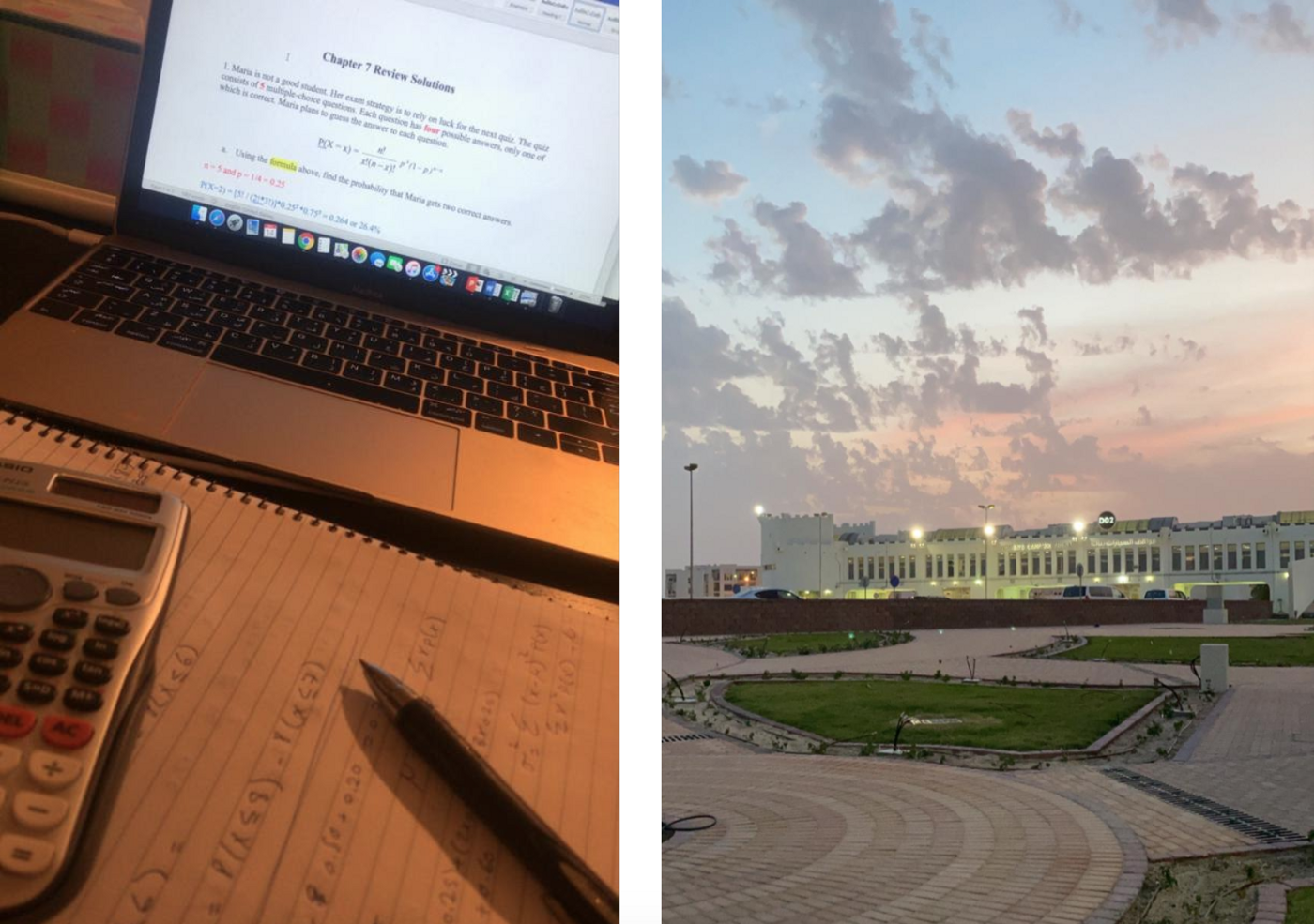
This big change and the pressure she felt on a daily basis were taking an emotional and physical toll on her, “I would leave classes and feel so much heaviness in my chest that I would go sit in my car and just cry, it was so much pressure,” she was also struggling with back and shoulder pain because of the time she spent on the computer screen. Soon after, she found herself going on biweekly trips to the hospital to get painkiller injections. Those were not enough, and she had to take a semester off to maintain her health and recover.
Just when she almost gave up, she remembered the advice her father gave her. “Your education is your weapon.” Maha’s relationship with her parents and their support is what helped her get through this.
“My father still jokes about me not being able to get rid of my Emirati accent,” said Maha, “I can’t tell you how many days I spent there surrounded by family, it’s a part of me whether I like it or not.” She spent much of her childhood living in the UAE with her grandparents.
While she was able to reunite with her grandparents last year in Kuwait, she still cannot help but cry every time she hears her grandmother’s voice on the phone. “I miss the comfort of her smell.”
The GCC crisis has hit younger people in a unique way, Maha found herself dealing with inner family disputes she never imagined would ever arise. “A few of my cousins don’t talk to me; they even blocked me on social media.” As for the cousins who she remained on good terms with, she found herself missing some of their major life events, from graduations to weddings.
Maha is now a 29 year old successful career woman, and still has almost three years left before she can graduate from university. Her resilience inspired numerous female coworkers to go back to school and complete their degrees as mature students.
“InshAllah even if it takes six more years, I don’t care, I will take my degree.”
